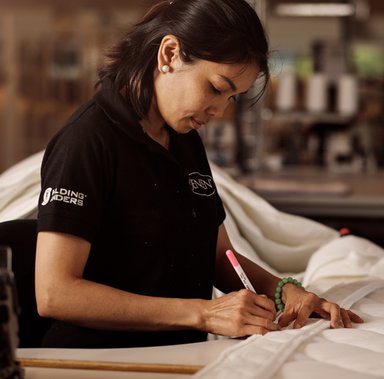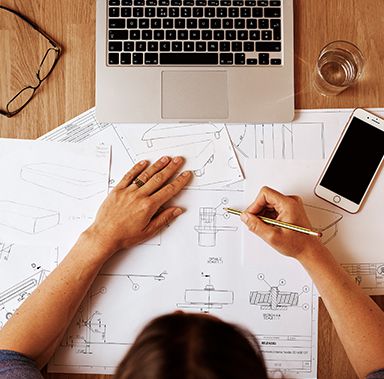In the future we will be sleeping at work
While sleeping is one of the basic needs, like eating and drinking, the digital revolution has caused us to sleep fewer hours, less often and more poorly. New research shows that our resting rhythm is negatively influenced by changes induced by our smart appliances and that we will have to learn to better deal with these new circumstances.
Flexible work forms and variable behaviour resulting from digitisation mean that we are always switched ‘on’, we are always reachable - a lifestyle that cannot be healthy in the long term. Fatigue has been declared the pandemic of our time. A new analysis by the Swiss Gottlieb Duttweiler Institute (GDI), ‘The future of sleeping - New markets in the always-on society’, which studies the attitude of people towards sleep, identifies the return of an old trend: our sleepless society is rediscovering the value of sleep.
From basic need to lifestyle
The study shows that nearly half of the research group today values a good night's sleep than 10 years ago. How can this desire for sleep be harmonised with the daily digital 24-hour society?
The first requirement involves changing our view of sleep so that we no longer see it as a basic need, but instead as a lifestyle in which sleeping is a choice, like investing in a bed and mattress or other sleep-related product. Sleeping a lot will thus become a new status symbol, synonymous with ambition, creativity and success, with the former cult of little sleep being exposed as macho behaviour.
Return of the power nap
It is predicted that the power nap will become the new hot trend at work. Although we have known that a midday nap can improve overall output, for the power nap to gain broad acceptance it must be shifted from the private bedroom to the public space. This trend appears to be taking hold with ever more workplaces, airports and other public spaces introducing sleeping cabins, sleeping masks and napping pillows.
Important public health factor
It would no doubt be in the interest of public health if we could counter the shortage of sleep with public, flexible facilities. After all, people who get enough sleep perform better and run a lower risk of numerous illnesses (heart problems, high blood pressure, diabetes, etc.). Research into working conditions will in the future probably focus on removing obstructions to the natural sleeping cycle, so that effectively minded people can, in turn, work, and sleep optimally.


